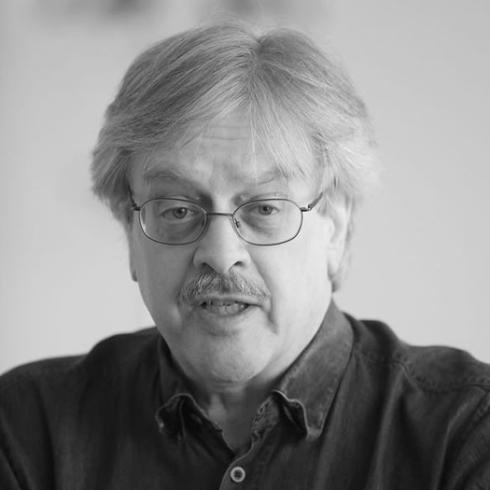
" Fire and Ice "
For soprano and bass
Schott Music
SÉLECTION 2018
- Nominated for : The Young Audience Prize 2019
- Nominated for : The Musical Composition Prize 2018
Fire and Ice (2015) was commissioned by the Tanglewood Music Center for its 75th anniversary. The text is a famous lyric by Robert Frost:
Some say the world will end in fire,
Some say in ice.
From what I've tasted of desire
I hold with those who favor fire.
But if it had to perish twice,
I think I know enough of hate
To say that for destruction ice
Is also great
And would suffice.
This rather terrifying poem was inspired by contemporaneous astronomical theories of the sun's evolution and by a scene in Dante's Inferno. My six-minute setting is in ABABABA form. In the A sections, the voice and bass mingle in the middle register.
Each time the voice states the entire poem and follows ordinary speech prosody, the first time in a literal iambic setting, the second and third times in stylized renditions of Richard Burton's and Robert Frost's readings, respectively, and the fourth time in imitation of an anonymous reading that I found on the internet.
In the B sections, the voice desperately utters syllabic fragments against an inexorable bass line. The voice and bass fan out progressively, until, by the final B section, the bass is at the bottom of its register and the voice at its top (a "Queen of the Night" high F). These registral extremes embody the opposition of fire and ice.
Fred Lerdahl

